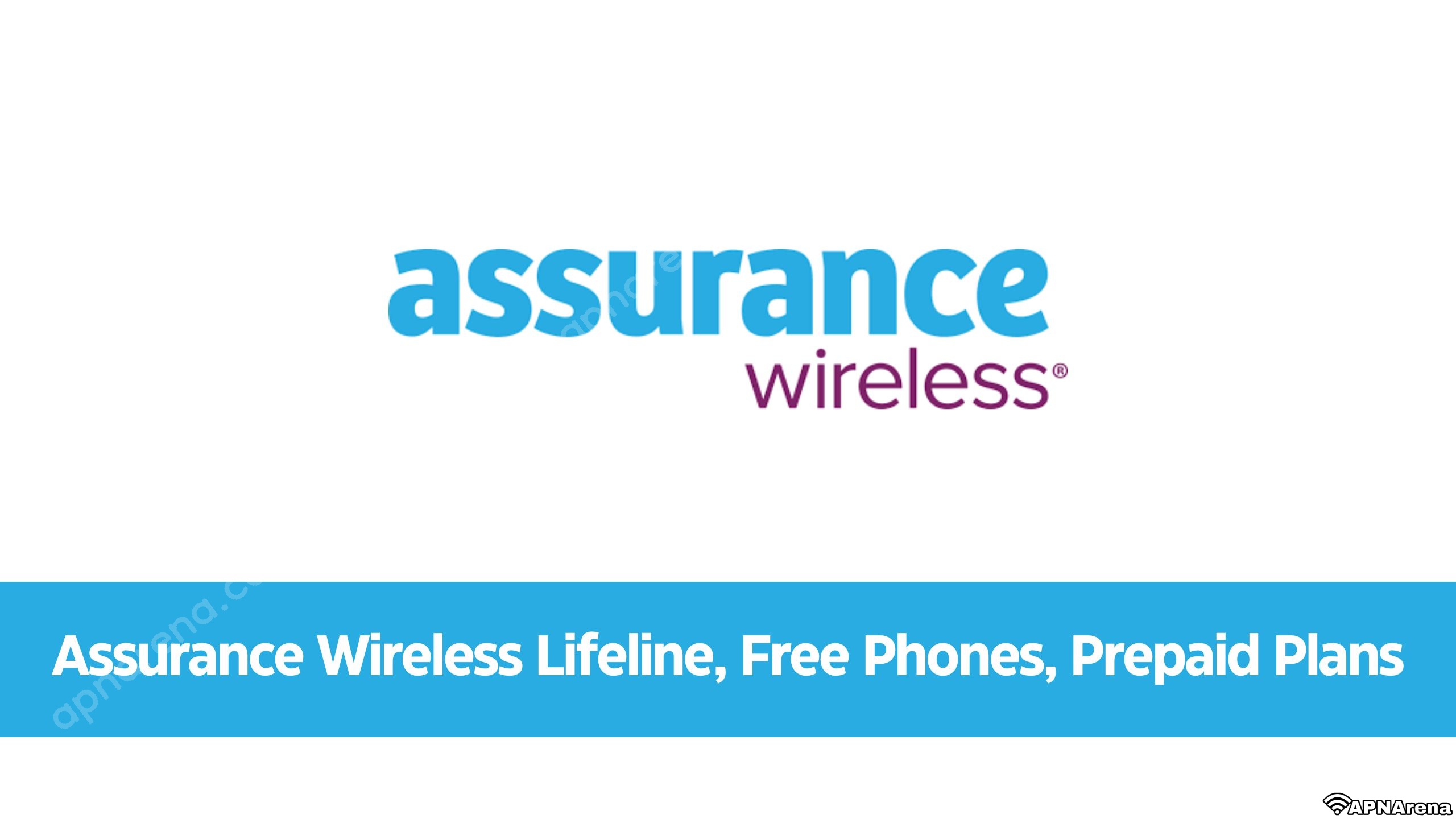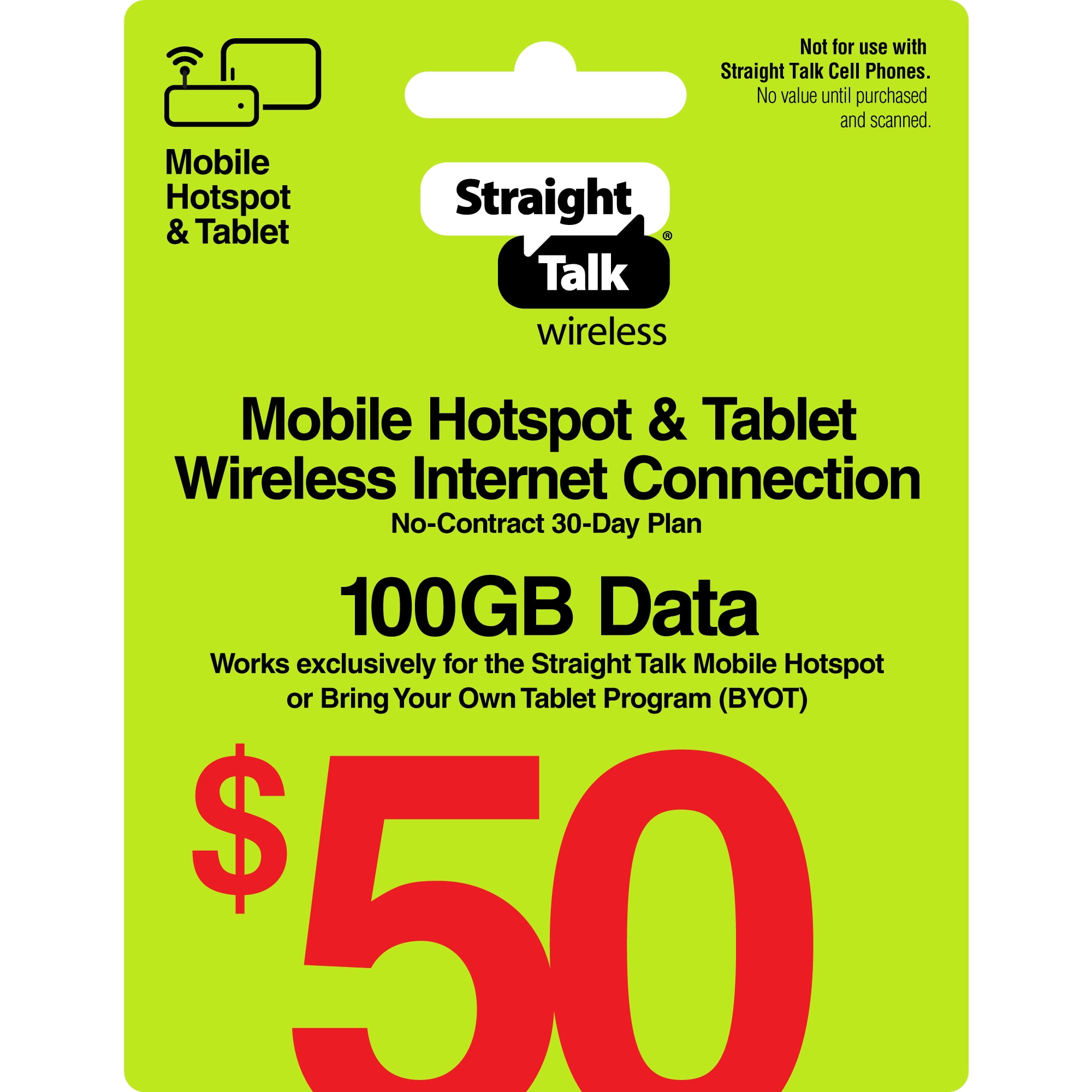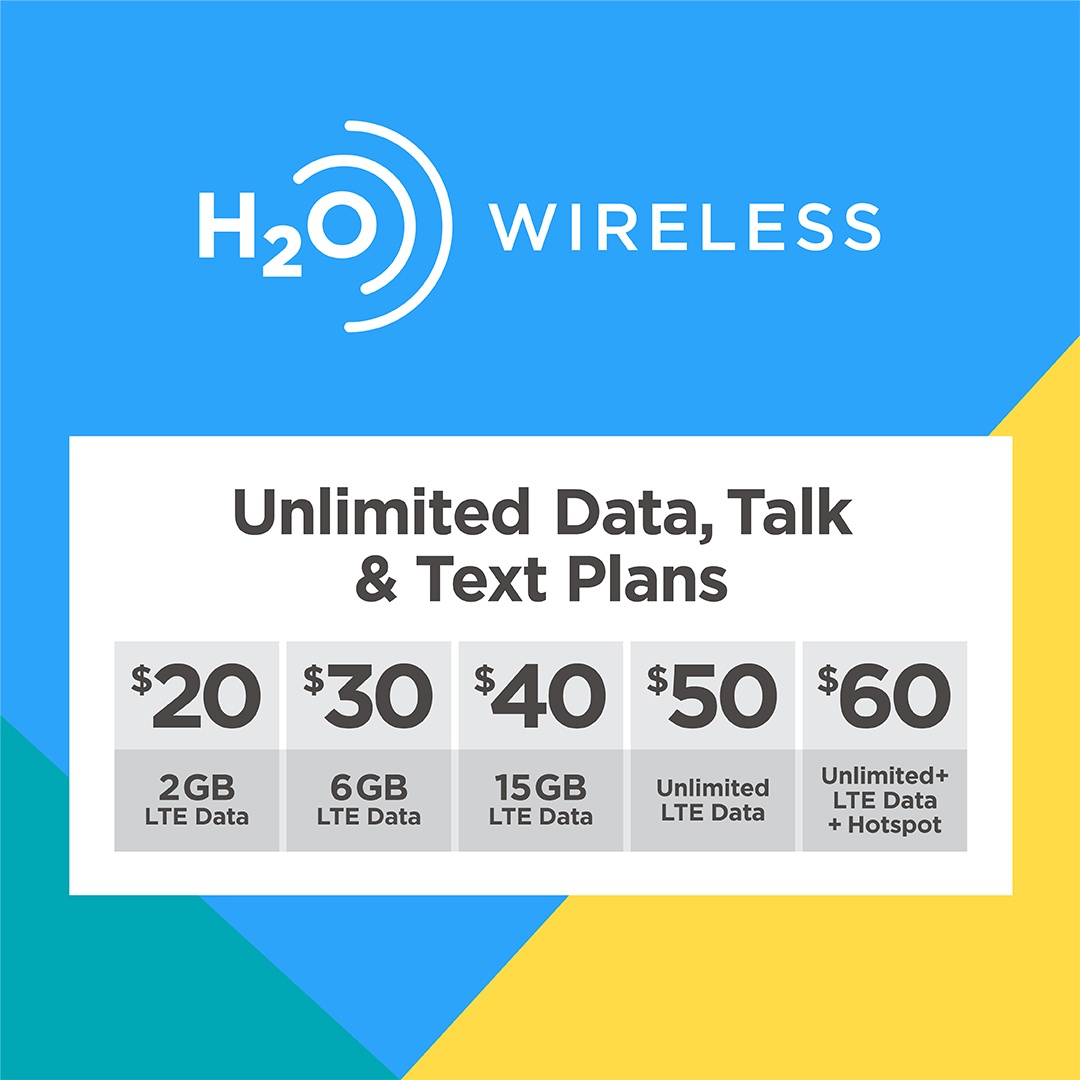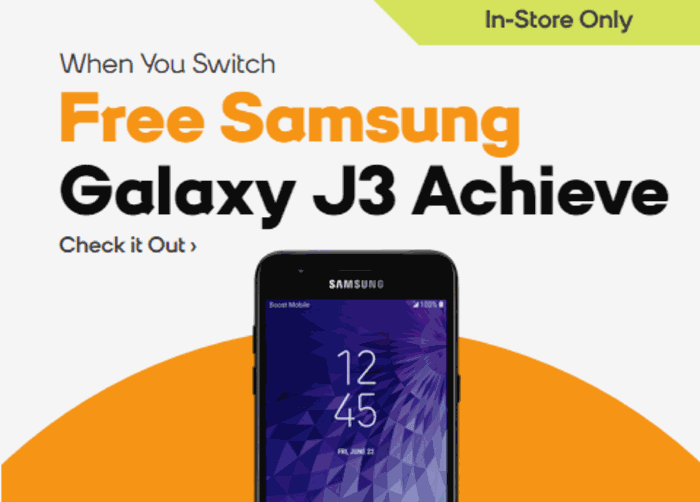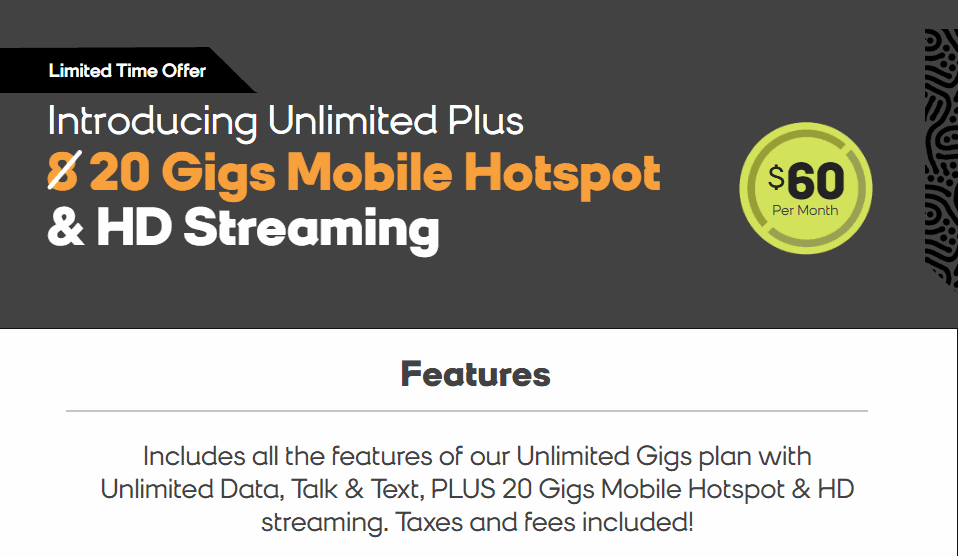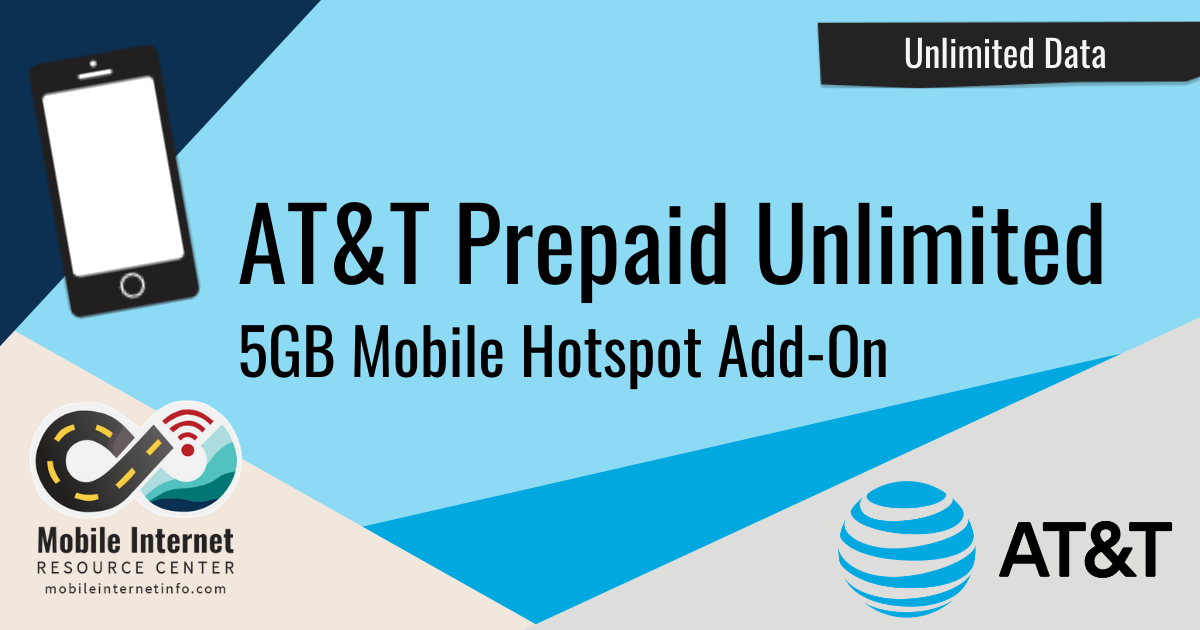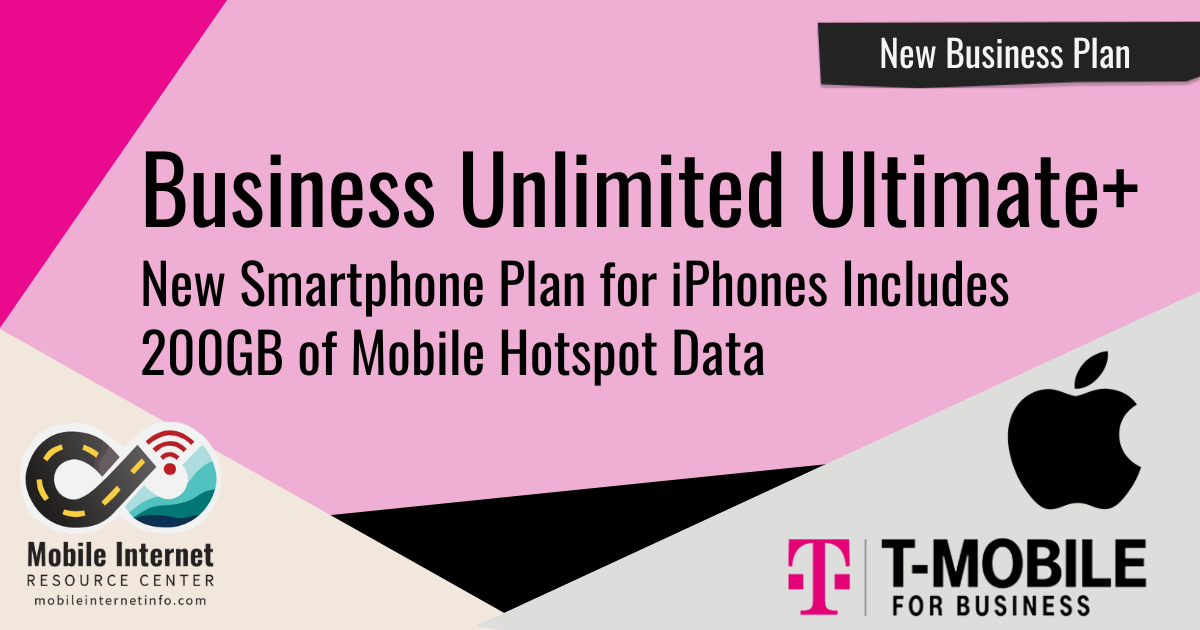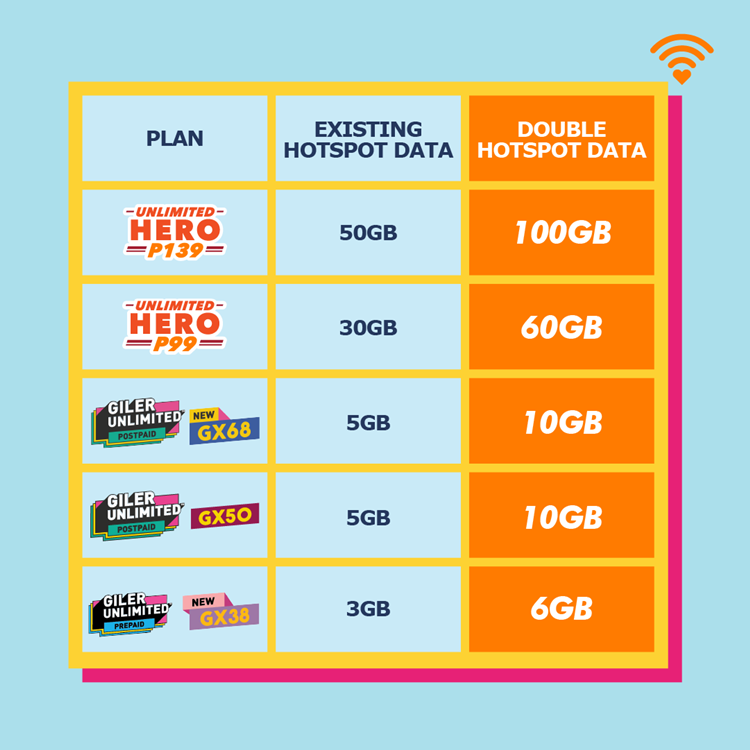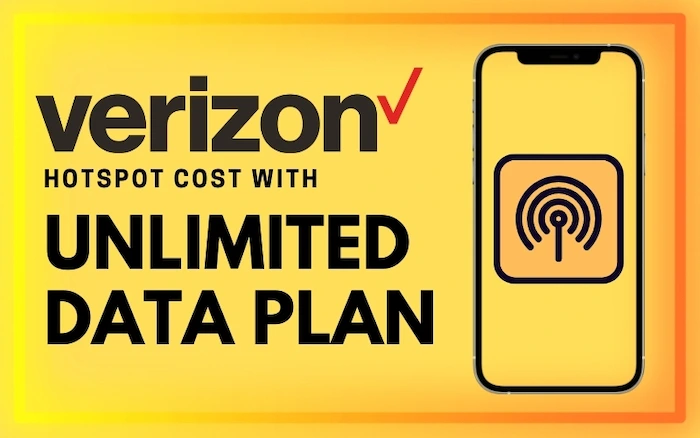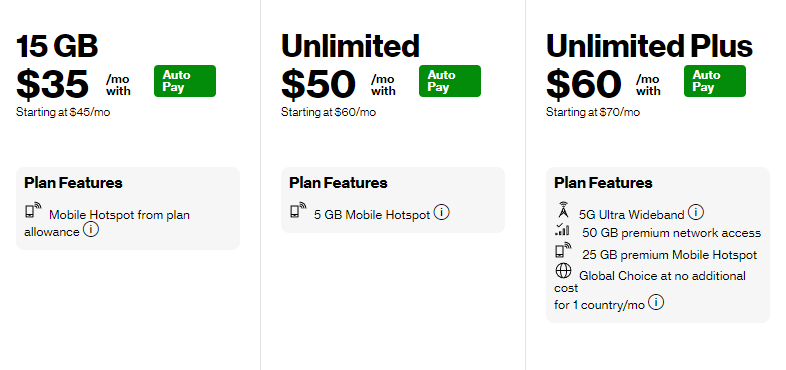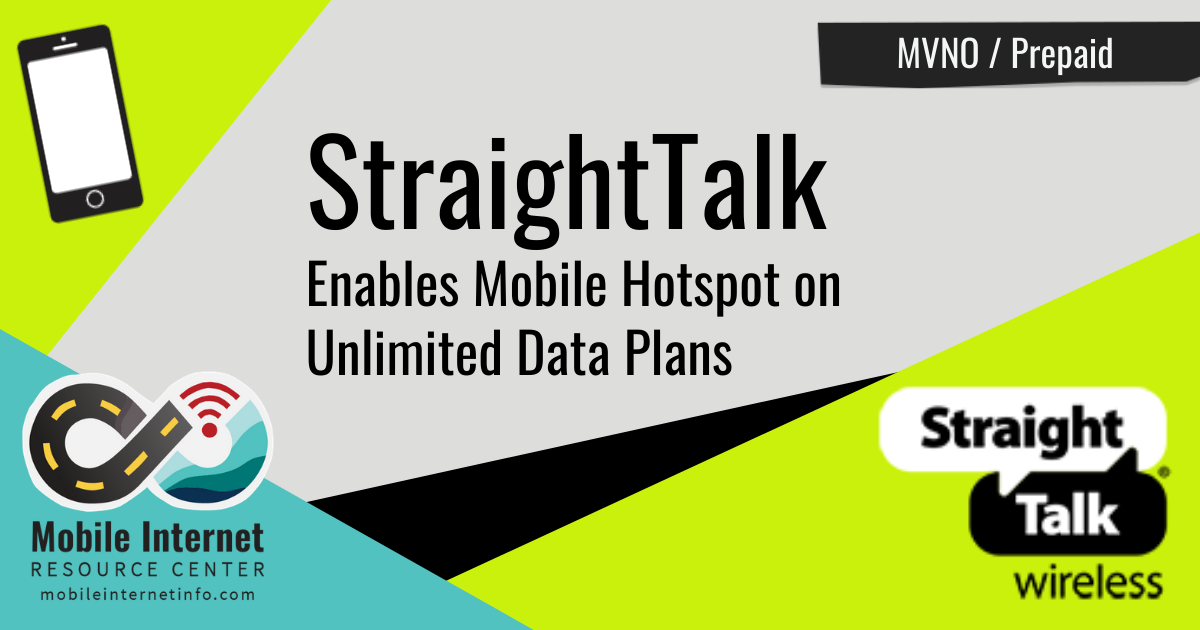Cell Phone Providers With Unlimited Hotspot

For consumers increasingly reliant on constant connectivity, the availability of mobile hotspot data is crucial. Several cell phone providers now offer plans boasting "unlimited" hotspot data, sparking debate and scrutiny regarding the actual limitations and benefits for users. Understanding the nuances of these plans is essential for consumers seeking reliable and cost-effective mobile internet solutions.
The proliferation of "unlimited" hotspot plans represents a significant shift in the mobile data landscape.
These plans address the growing demand for mobile internet access beyond traditional smartphone usage, catering to remote workers, travelers, and individuals lacking reliable home internet.This article delves into the details of these plans, examining their limitations, benefits, and the providers offering them.
Unlimited Hotspot: What Does It Really Mean?
While marketed as "unlimited," most hotspot plans have data caps or throttling policies. After exceeding a specific data allowance at high speeds, the connection slows down significantly, often to speeds unusable for streaming or video conferencing. Verizon, AT&T, and T-Mobile, the three major carriers, all offer "unlimited" plans with varying data caps and throttling thresholds.
Key Providers and Their Offerings
Verizon's "unlimited" plans offer different hotspot allowances depending on the plan tier. Their higher-tier plans provide substantial hotspot data, but after exceeding the limit, speeds are reduced. It is important to read the fine print.
AT&T also offers a range of "unlimited" plans with hotspot allowances that vary by plan. Similarly, once the high-speed data allocation is depleted, hotspot speeds are throttled. Consumers should carefully compare the hotspot data included in each plan.
T-Mobile similarly employs a tiered approach, offering varying amounts of high-speed hotspot data across its unlimited plans. After the allotted data is used, hotspot speeds are typically reduced to 3G speeds, which may be sufficient for basic tasks but not for bandwidth-intensive activities.
The Impact on Consumers
The allure of "unlimited" hotspot data is undeniable, particularly for those who rely on mobile internet for work or leisure. However, it's crucial for consumers to understand the limitations of these plans to avoid disappointment. Before signing up, consumers should consider their data usage habits and the speed requirements for their online activities.
Consider the case of Sarah Miller, a freelance writer who frequently travels for work. "I initially thought 'unlimited' hotspot would solve all my problems," she says. "But after exceeding the high-speed data cap, the throttled speeds made it impossible to upload large files or participate in video calls."
Weighing the Options
Consumers must weigh the benefits of "unlimited" hotspot plans against their potential drawbacks. For those with light to moderate data needs, these plans can provide a convenient and affordable solution. However, heavy data users may find the throttled speeds frustrating and may need to explore alternative options, such as dedicated mobile hotspot devices or fixed wireless internet services.
In conclusion, "unlimited" hotspot plans from major cell phone providers offer a valuable service but require careful consideration. Understanding the data caps, throttling policies, and individual usage habits is crucial to making an informed decision. The best plan for each consumer depends on their specific needs and priorities.

